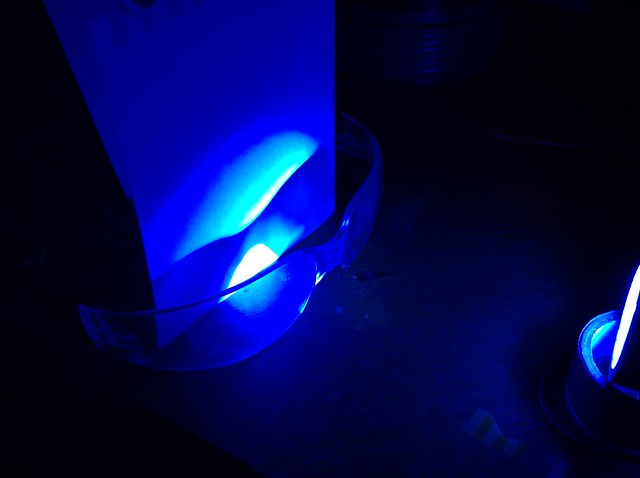- Joined
- Oct 26, 2007
- Messages
- 5,438
- Points
- 83
Or rather than wrecking the ends of your LEDs you could just reduce the input current. In the end the priority will be to obtain a nice looking eye glow at a reasonable output level, otherwise there's really no point in the first place.






